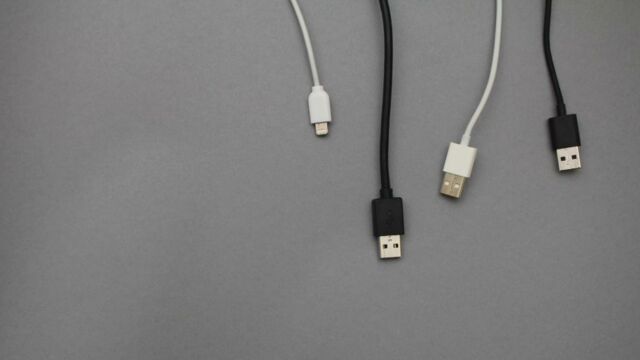According to a new rule proposed by the European Commission (EC), manufacturers will be required to develop a universal charging solution for phones and small electronic devices. The goal is to reduce e-waste by encouraging people to reuse their old chargers when purchasing a new gadget. Hence, as per the proposal, all smartphones sold in the EU must have USB-C type chargers.
Discover our latest podcast
Most Android phones either feature USB micro-B charging connections or have already upgraded to the USB-C standard. There were over 30 different chargers in 2009, but most models now stick to just three: USB-C, Lightning, and USB micro-B.
Apple not in favour
While the EU has all pure intentions to bring this change, Apple has warned against it. The firm believes that this move might harm innovation. Apple's iPhone series has an Apple-designed 'Lightning' connector, making it the most popular smartphone with a unique charging port. The tech giant is the leading producer of a smartphone with a custom charger, and so they told BBC:
We remain concerned that strict regulation mandating just one type of connector stifles innovation rather than encouraging it, which in turn will harm consumers in Europe and around the world.
It went on to say that by 2030, it wants every Apple device and usage to be carbon-neutral. As such, new iPad and MacBook models employ USB-C charging connections. Apart from Apple, popular Android manufacturers like Samsung and Huawei also use the same type of chargers.
Waste Prevention
For more than a decade, EU officials have pushed for a unified standard, with the Commission's study predicting that discarded and unused charging cables generate more than 11,000 tonnes of waste per year. Around 420 million mobile phones and an average person owns three phone chargers, of which two are used frequently.
Hence, Ben Wood, an analyst at CCS Insight said:
Having one common charging standard would be a victory for common sense in the eyes of consumers.
Although Apple has made a strong argument for keeping its Lightning connector, given the one billion active iPhone users, some of its products including Mac and iPad now support USB-C. Hopefully, it will eventually become a non-issue if Apple keeps adding USB-C to more devices.
However, it could take several years for the measures to take effect. Although, the EC hopes that after some amends in the law, it will be passed in 2022. After which, the manufacturers would typically get two years to change their charging ports.















